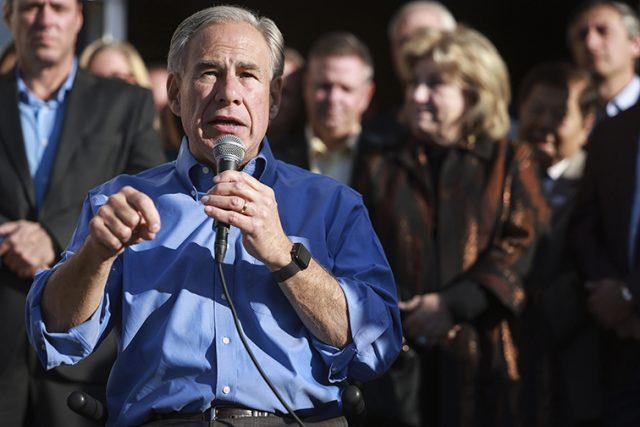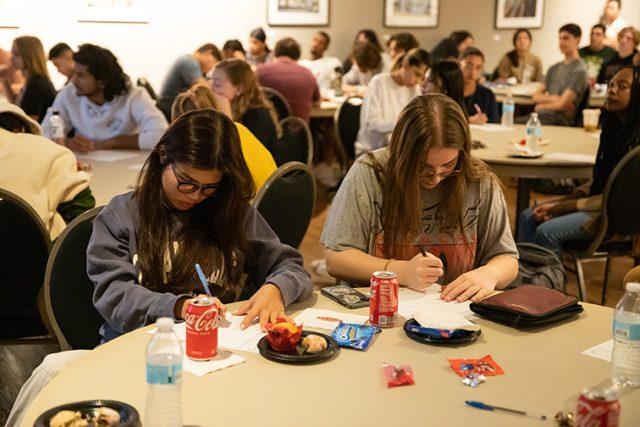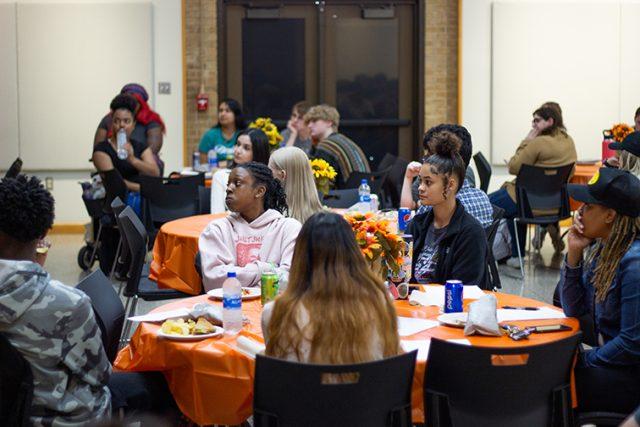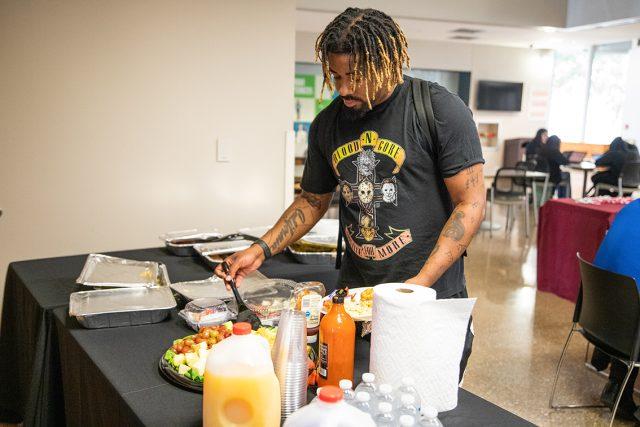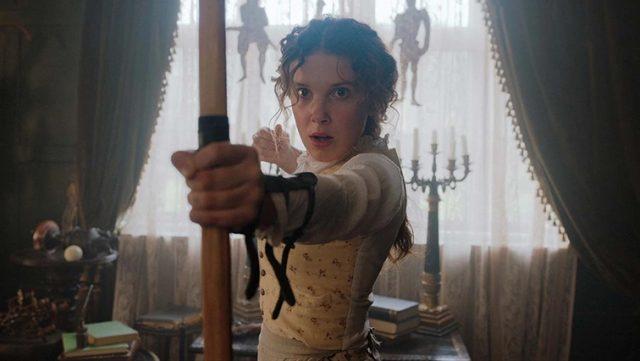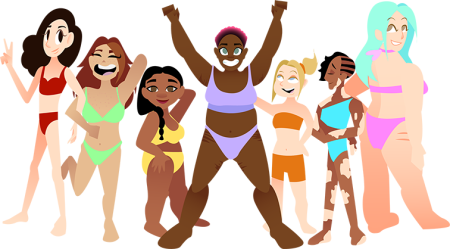
XAVIER BOATNER
campus editor
xavier.boatner@my.tccd.edu
Body image discussions have broken into the mainstream in the last few years, and people have been taking note.
TCC students shared their opinions on the representation of diverse body types and how media affects people’s perceptions of them.
The idea of building positive body image had its roots in the 1960s when it began as a social movement to eliminate stigmas surrounding overweight individuals. Over time, the definition has become more inclusive and now aims to help people with a wider variety of body types feel included.
According to a 2019 body image survey conducted by YouGov, an international market and research firm, and the Mental Health Foundation, a charity organization focused on promoting good mental health, one in five adults felt ashamed of their bodies.
NE registered nurse Susan Alvarado said that body image is difficult to address.
“Body image is very personal, and unfortunately it seems to be up for opinions by other people,” Alvarado said.
NE student Jane Dent said she believes certain body types haven’t gotten enough representation in the mainstream.
“I feel like average-looking guys and girls are underrepresented,” Dent said. “I think really tiny and skinny girls are overrepresented.”
Many factors influence the way certain people with unconventional body types see themselves, she said.
“I think there are factors that affect a person’s body image like the media, how they grew up, their prior health and how they’ve been feeling physically,” Dent said.
Dent believes the stigmas that have developed in society and media can lead to people making judgments about people’s bodies.
“If you’re small, people think you don’t eat enough,” Dent said. “If you’re bigger, people think you eat too much when that’s not always the case. I think people should worry about how they themselves feel physically. I think if you feel good, then you’re good to go.”
Dent thinks body image representation in the media has improved in recent years.
“I think the media’s moving towards representing more body types,” she said. “It’s better now than it has been in the past, but they could do better.”
NE student Bailey Boulter said the benefit of promoting more body types can help educate various people.
“People can know different kinds of lifestyles,” Boulter said. “They can know what’s healthy and know that all body types are OK.”
Boulter said she’s hopeful for the future of body image and body-positive movements and representations, specifically in media.
“I think one day, body image representation will not be so black and white,” she said. “I think the media’s getting there.”
Alvarado said she believes people who are self-conscious about their bodies should focus on learning to love themselves.
“I applaud all diversity,” Alvarado said. “People are more concerned about themselves and aren’t really paying attention to you and your body. Celebrate yourself.”



























